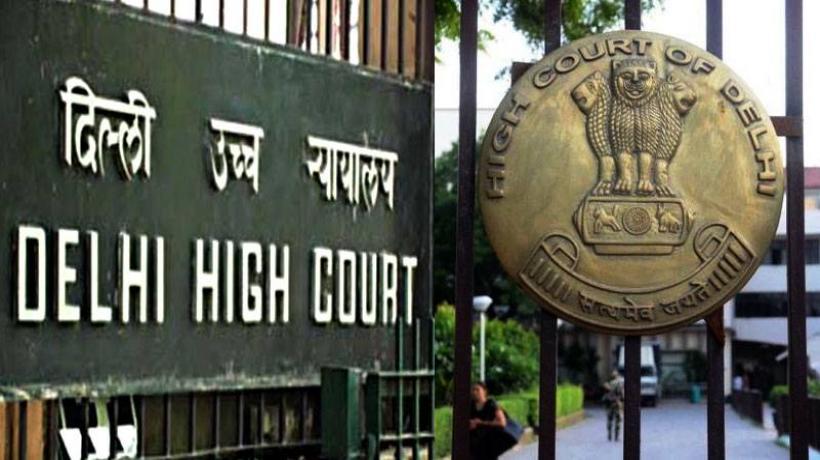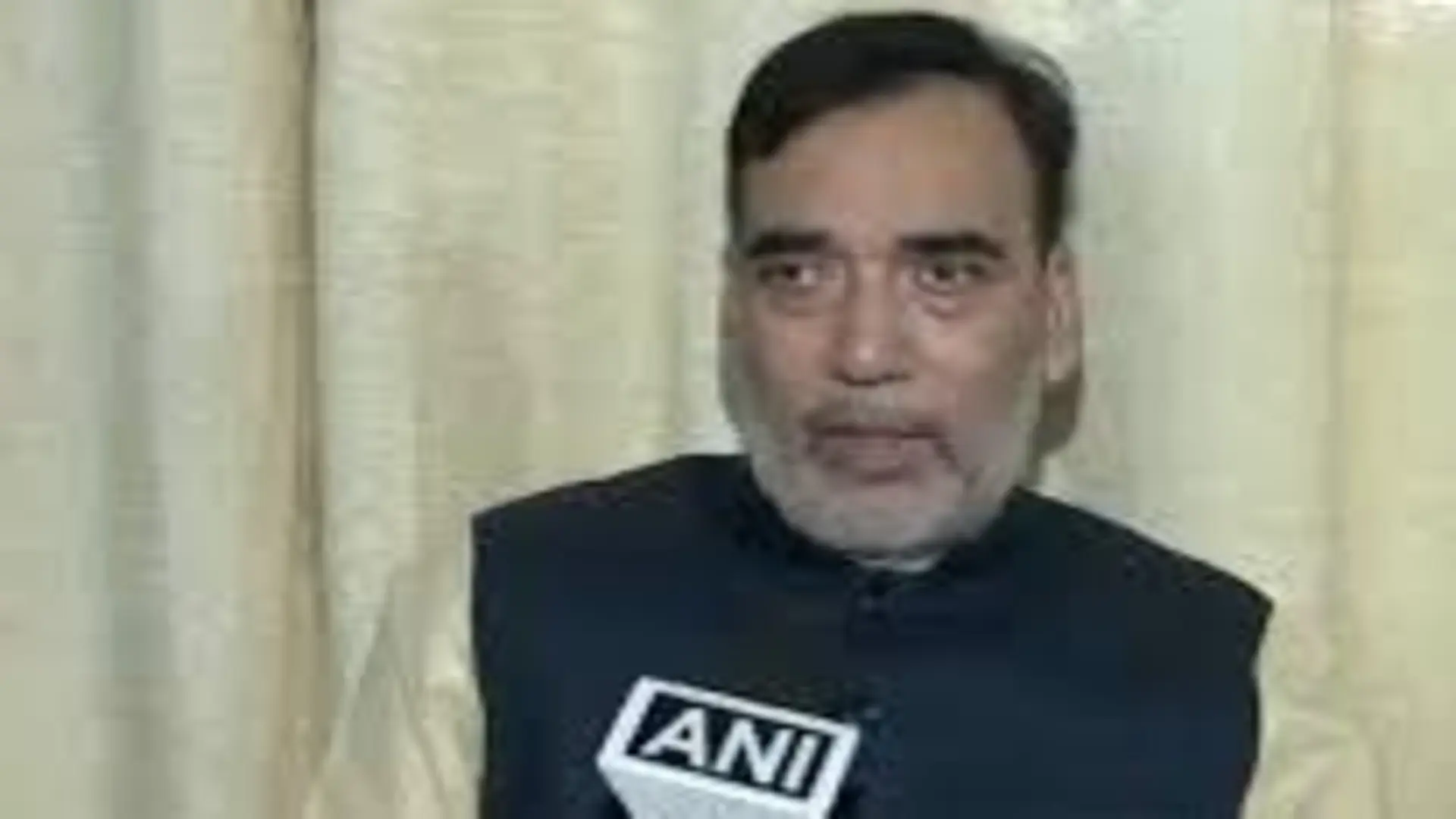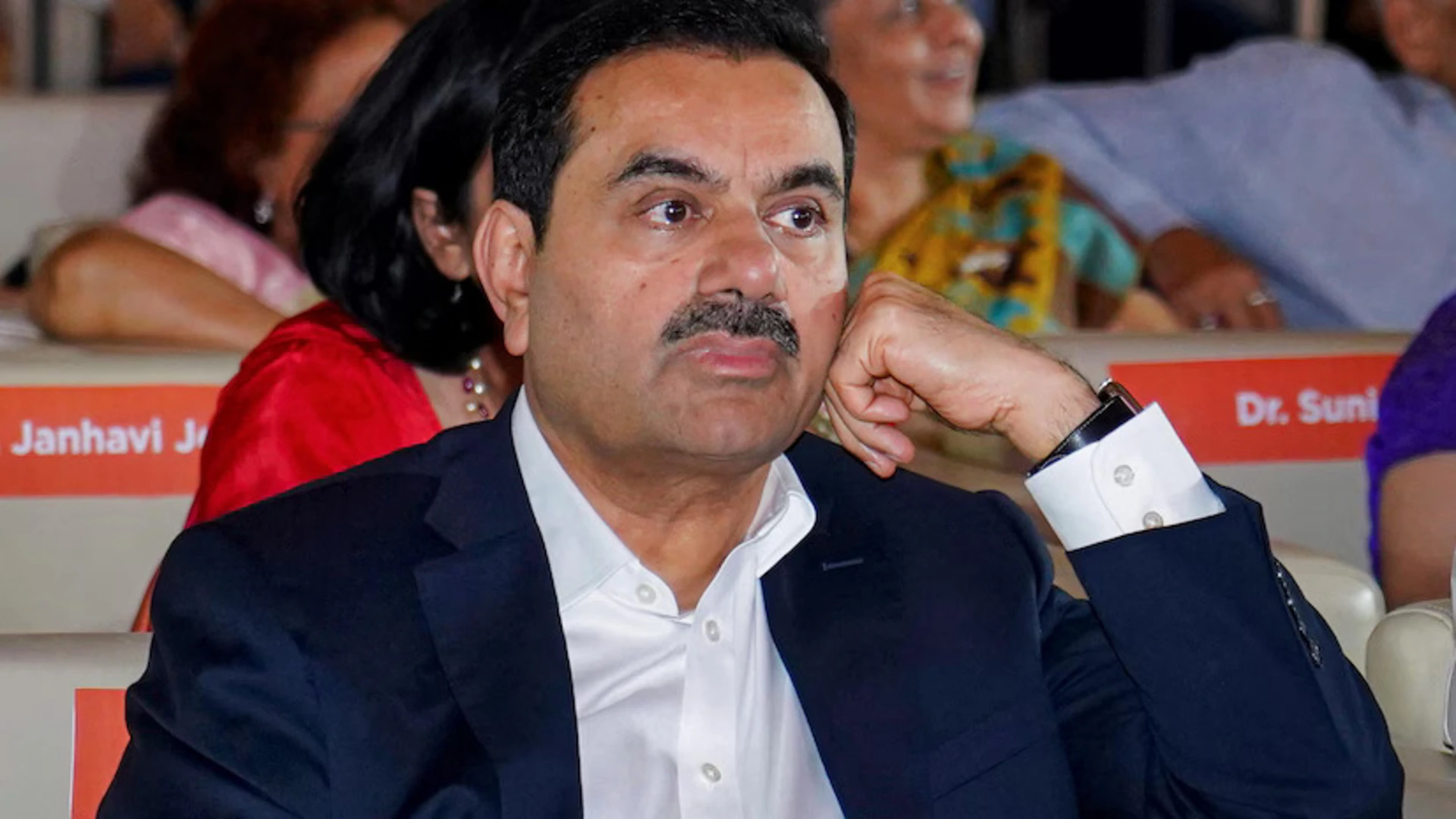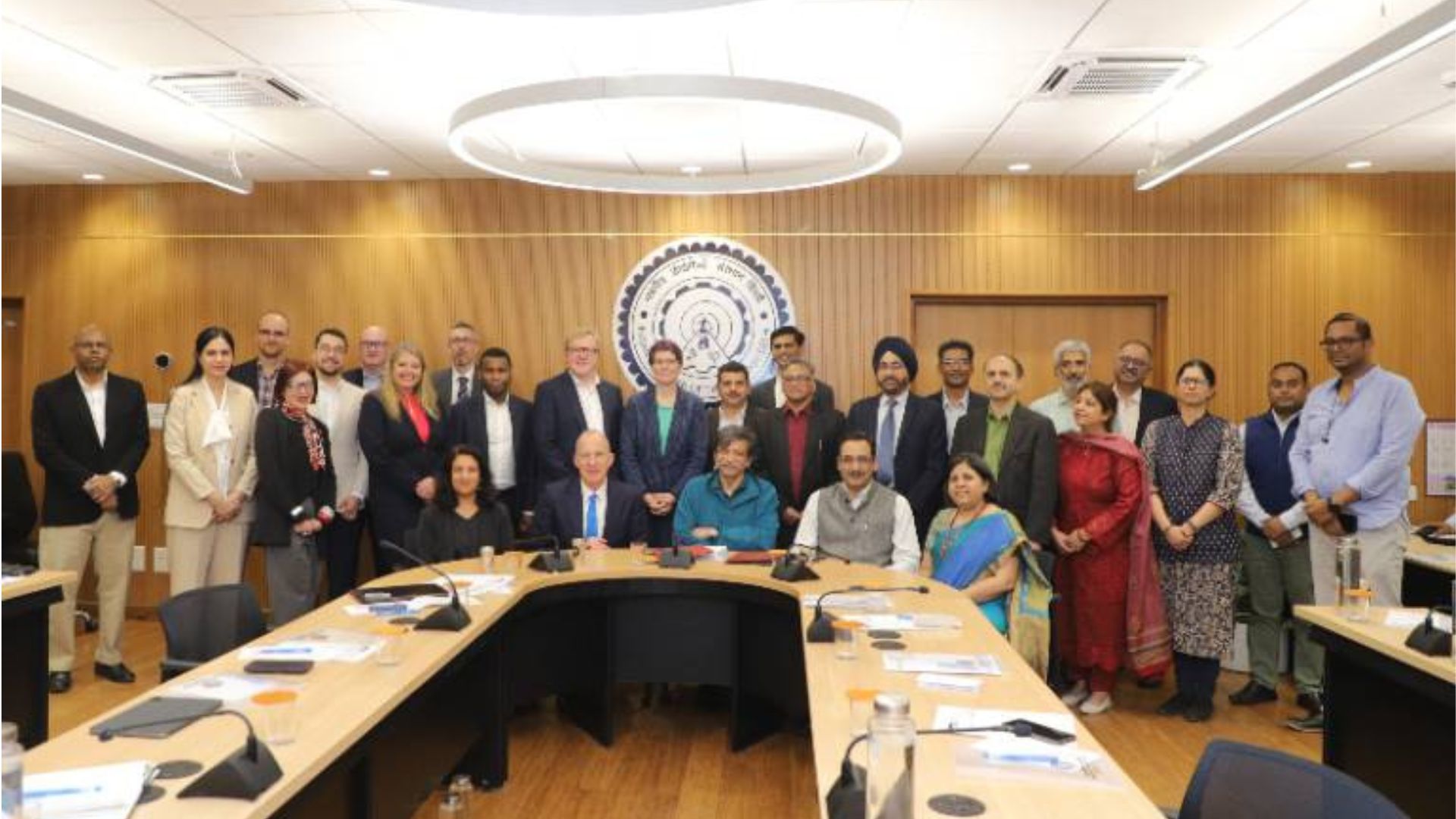
Court in the case Pooja Menghani v. Insolvency and Bankruptcy Board of India and Anr., observed and has dismissed the banker’s challenge to IBBI’s rejection of her application to be registered as a Resolution Professional, RP.
The court in the case observed that the person’s past actions could not be ignored when judging if they are fit and proper for appointment as an Insolvency Professional, IP.
In the present case, the petitioner is found guilty of fraudulent practices of violating the market integrity and the decision of the Respondent Board to refuse the registration of the Petitioner as an Insolvency Professional on the basis of the decision taken by the Apex Court cannot be said to be so perverse or irrational warranting interference as stated under Article 226 of the Constitution of India.
Therefore, the petitioner, who was reportedly being found guilty of violating Regulation 3(a), 3(b), 3(c), 3(d) and 4(1) of the SEBI Regulations, 2003 in the past, and adjudged unfit for registration as an IP by the IBBI, had approached the court contending that she could not be condemned forever for events that occurred 11 years ago.
Further, she urged before the court that there was criminality involved in her past conduct, and the penalty has been imposed, which was in the nature of civil obligation under SEBI laws.
The bench headed by Justice Subramonium Prasad in the case observed while analysing the IBBI Regulations, 2016 that IP performs very important functions in the insolvency resolution process of a company and as such the IBBI can decide that a person who has been involved in any kind of financial irregularity cannot be appointed as an IP.
However, the Insolvency Professional in fact becomes the heart and brain of the company under the insolvency resolution process and a person having slightest of disqualification cannot be permitted to be appointed as an Insolvency Professional otherwise the entire purpose of the IBC will get vitiated.
The court in the case observed and has opined that the decision to determine as to whether a person is fit and proper to be appointed as IP is based on the subjective satisfaction of IBBI, to which the determination good reputation and character of a person are important.
The contention raised by the petitioner stated that the alleged financial irregularity occurred 11 years ago, the court noted: The court stated that the petitioner might be eligible to be considered to be appointed as an Insolvency Resolution Professional but the decision of the Board not to permit the Petitioner to function as an Insolvency Professional cannot be said to be arbitrary and the fact that the immediate past was clean does not give a clean chit to the person that his candidature will be considered.















